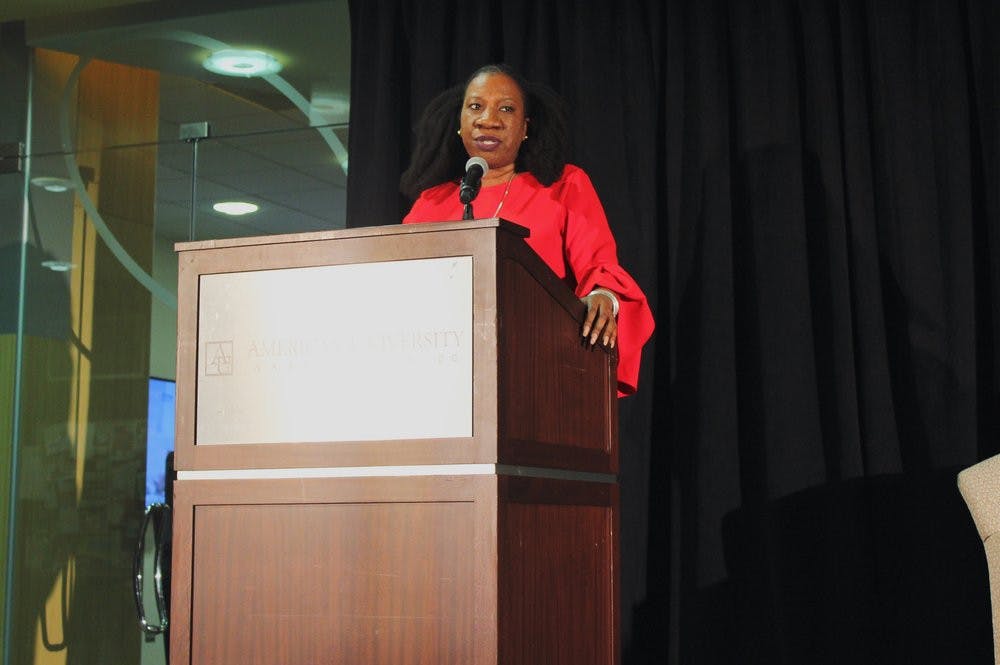BY: ROMAN HABIBZAI

Photo by Roman Habibzai
In 1997, Tarana Burke was working at a youth camp. One day a 13-year-old girl opened up to her about being sexually abused. She didn't know what to say.
Ten years later, Burke started Just Be Inc., a nonprofit organization aimed to help sexual assault survivors. She named the movement what she wishes she could have told that 13-year-old girl at camp, "Me Too."
This happened years before the hashtag, more than two decades before actress Alyssa Milano encouraged survivors to tell their stories online.
If you've been sexually harassed or assaulted write ‘me too' as a reply to this tweet. pic.twitter.com/k2oeCiUf9n
— Alyssa Milano (@Alyssa_Milano) October 15, 2017
Many have been critical of the #MeToo movement for its lack of inclusivity. The movement, itself, excludes the Black woman who started it.
"Well, I think people need to know what the #MeToo movement is, first, because the movement I am over—and started—is inclusive of women of color, and queer folks and trans folks," said Burke in an interview with The Blackprint. Burke was invited to American University to share her story and talk about why we need a movement like Me Too.
"And so if you are following the gaze or the lens of what the media is telling you the #MeToo movement is, then that is definitely less inclusive, but that's not a movement, that's the result of a viral hashtag. The work that I've been doing for the last, more than a decade, is certainly inclusive. It centers the most marginalized people and it is about elevating both the stories, but also providing resources for people who don't have access to resources, and mostly that is marginalized folks."
After #MeToo went viral, Burke faced a range of emotions, including the fear that all her work would be erased. But she realized, "this was my work right in front of me."
Burke started her career as an activist as a community organizer. "Being an organizer gave me control," said Burke. She worked with 21st Century Youth Leadership Organization in The Bronx. She wanted to create a space for young women to "just be able to be."
In the program, Burke worked on dismantling the media's portrayal of marginalized communities. She also provided young people with the skills necessary to stay grounded in their sense of self-worth and belonging. At this camp, she met the 13-year-old girl who inspired a movement.
"It began with language," Burke said about starting conversations on sexual assault and harassment. She worked to provide young women with knowledge on the right language to use. "Take what you have to make what you need," Burke would say to the girls.
Burke believes in radical community healing, which will start with healing marginalized communities to achieve the inclusivity the Me Too movement strives for.
However, Burke emphasized that this movement is not just about two words. The words, "me too," are "grounded in work" that acknowledges the spectrum of sexual assault and its full magnitude—not just in places of work, but also in communities and homes, Burke said. This movement has always been a "community of survivors committed to healing."
Along her journey, Burke focused on creating healing circles in communities. She also helped launch a federal investigation on schools with high numbers of sexual misconduct reports.
Burke left the audience with a few thoughts, encouraging students to think outside of the box for solutions."You have the right to push back," she said.


